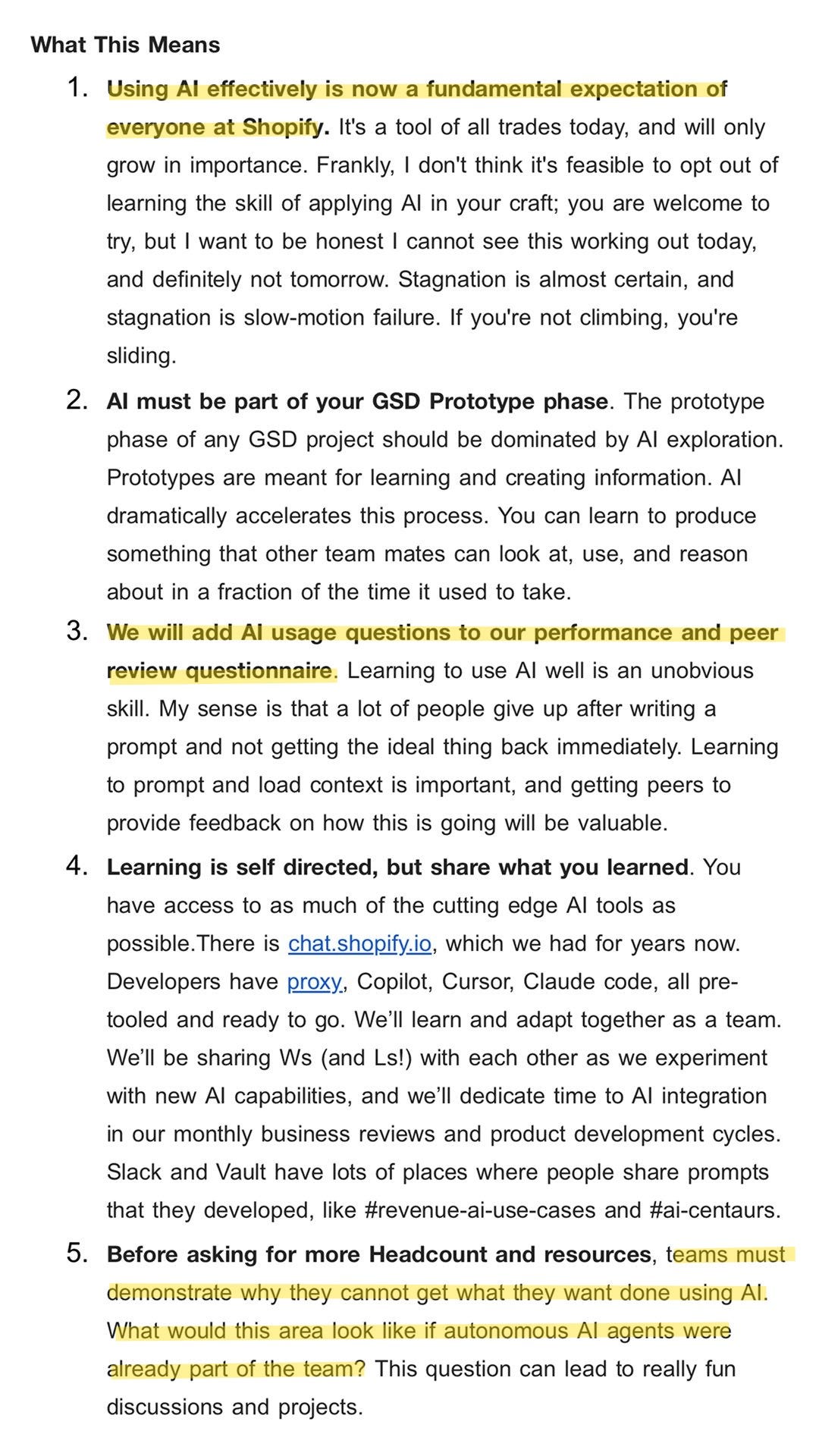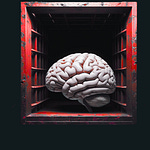AI is everywhere, isn’t it?
You can’t read a morning news, scroll through LinkedIn (X, TikTok, or whatever you're addicted to), or even have an after-work pub talk about the future without someone mentioning AI.
We are told it’s going to solve all our problems.
In the last six months, the CEOs (Altman, Amodei, Benioff, Nadella… the list goes on) have focused on how AI is getting smarter and better at many tasks and how it’ll replace some jobs sooner rather than later.
Just when we started (perhaps) to know our world a little better since the Internet, we started to learn about what happened on the other side of the world, evolving our knowledge and skills through social media (things none of our ancestors would have imagined to learn in a lifetime)…
Somehow, from November 2022, we have also been pushed from all directions to learn from and with artificial minds.
Companies are trying to get their employees to learn about AI, presumably so they can be more "productive" or, more likely, so they don't become entirely redundant too quickly. Below is a memo from Shopify CEO Tobi Lutke to the staff.
Tech giants demand parents become AI experts overnight while juggling jobs, dinner, and everything else. Google rolled out its Gemini chatbot to children under 13, a move they call enhancing learning. Critics, and anyone with common sense, really… point to the obvious risks of kids mistaking AI-generated nonsense for truth, especially when the access is on by default.
Universities and professors scramble to use AI in everything without proper communication with students. Some professors even dream that it’ll magically save time from tasks like lecture preparation.
He’s telling us not to use it, and then he’s using it himself. — A student complained to the NY Times:
Governments, not wanting to be left behind in the great AI race, are launching "AI literacy" initiatives and "public awareness campaigns," which often sound more like PR for the tech industry than genuine education. From federal workers being "encouraged" to embrace AI, to new EU rules mandating "AI literacy" for companies, it seems the message is clear: get with the program, learn to love the algorithm, or prepare to be very, very confused.
Before you tell me this is no different than the business owners asking their secretaries to start using personal computers in the 1980s… Let me explain why this is so much more than yet another technological advancement.
We built telescopes and mapped the cosmos. Now we've created something that gazes back at us… studying our habits, mimicking our voices, and even seeing patterns we miss.
I believe:
We're the first generation to co-evolve with our creation.
, dancing in a feedback loop of mutual influence.
This reminded me of the Greek myth of Pygmalion. If you have never heard of this story:
A sculptor who never fell in love carved a woman from clay so perfect that he fell madly in love with his creation. He prayed to a goddess, who took pity on him and brought the statue to life. They were then married and had a child, a rare happy ending in a generally tragic Greek myth.
While Pygmalion simply fell in love with his static creation… We're living in a far stranger tale.
Humans, becoming both the sculptor and the clay, are shaped by the very minds we've taught to think.
So, in this article, we will take a closer look at how we are influenced. This article is inspired by this review: AI-induced hyper-learning in humans, by Dr. Glickman, whom I have the honor of buying a coffee for next week ☕
Two key concepts mentioned in his review:
AI systems are becoming much more persuasive than humans
Interacting with AI can make humans more creative.
My goal today isn’t to tell you that AI is wonderful or terrible.
Instead, I want to walk you through,
What does the evidence really say?
What are the assumptions being made?
Who’d be impacted and how?
And what are the questions we should ask as AI is intertwined with our lives?
Let’s not just accept the hype at face value. Let’s do some science, or at least, some critical thinking with research-backed evidence.
Shall we?
Listen to this episode with a 7-day free trial
Subscribe to 2nd Order Thinkers to listen to this post and get 7 days of free access to the full post archives.













